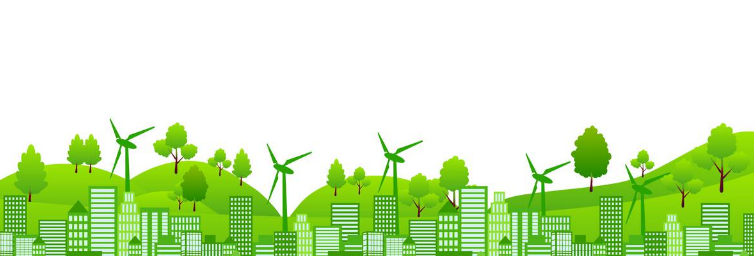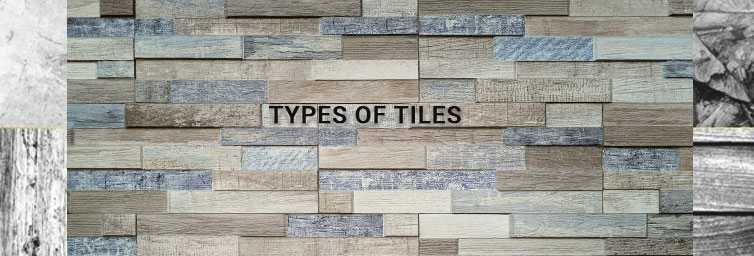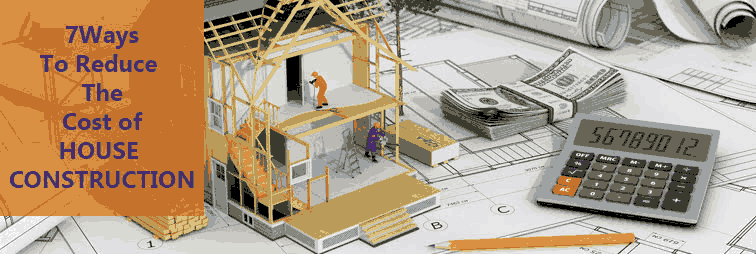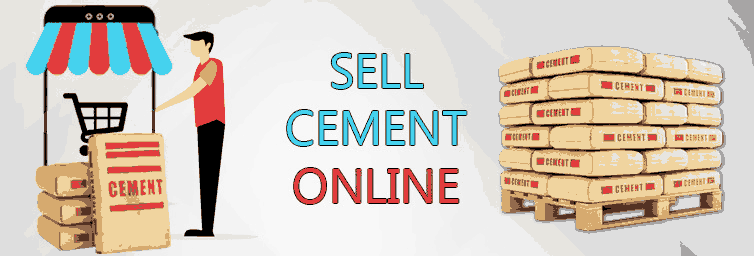You have no items in your shopping cart.
Post Requirement
In recent years, the construction industry has witnessed a significant shift towards sustainable development practices. As environmental concerns grow, the demand for eco-friendly construction materials is on the rise. In this blog, we will explore the future of construction materials and their role in promoting sustainable development.
*Sustainable Construction Materials: Paving the Way for a Greener Future*
1. Biodegradable and Recycled Materials:
● Utilisation of biodegradable materials like bioplastics and biobased composites.
● Incorporation of recycled materials, such as recycled concrete and steel, reducing landfill waste.

2. Green Concrete:
● Low-carbon concrete with reduced cement content and alternative binders like fly ash and slag.
● Carbon capture and utilisation technologies to make concrete carbon-negative.
● Green concrete is a sustainable alternative to traditional concrete.
● This eco-friendly concrete contributes to lower energy consumption during production and leads to a greener construction in industry.
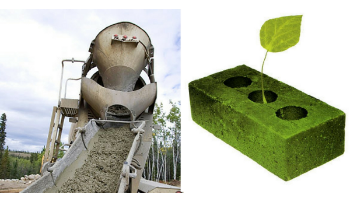
3. Transparent Solar Panels:
● Integration of transparent solar panels into building facades, harnessing renewable energy without compromising aesthetics.
● Generating clean energy and reducing reliance on traditional power sources.
● Self-healing materials can repair themselves from damage autonomously.
● They have microcapsules or vascular networks filled with healing agents.
● When cracks occur, the healing agents are released, filling and restoring the material's integrity.
● These materials increase durability, reduce maintenance costs, and have potential applications in various industries.

5. Nanomaterials:
● Nanomaterials are tiny particles with unique properties used in construction.
● They enhance material strength, durability, and thermal properties.
● Lightweight nanomaterials reduce transportation and installation energy requirements.
● Nanomaterials find applications in construction, including reinforcing concrete, self-cleaning coatings, lightweight materials, and improved thermal insulation for energy-efficient structures.
Advantages of Sustainable Construction Materials:
1. Reduced Environmental Impact: Sustainable materials, derived from renewable sources or recycled content, reduce natural resource depletion and lower the carbon footprint. With lower embodied energy, they minimize production, transportation, and installation energy, leading to decreased greenhouse gas emissions.
2. Improved Energy Efficiency: Enhanced insulation properties of sustainable materials, reducing energy consumption for heating and cooling. Integration of renewable energy sources like solar panels, promoting sustainable power generation.

3. Enhanced Building Performance:
Increased durability and longevity of structures, leading to lower maintenance and replacement costs.Improved occupant comfort and well-being, fostering a healthier living environment.
4. Economic Benefits: Reduced operational costs due to improved energy efficiency and lower maintenance expenses. Opportunities for green certifications, increasing property value and market competitiveness.
Please do visit: Green Construction: The sustainability of our Future
Rajesh Pagadala



